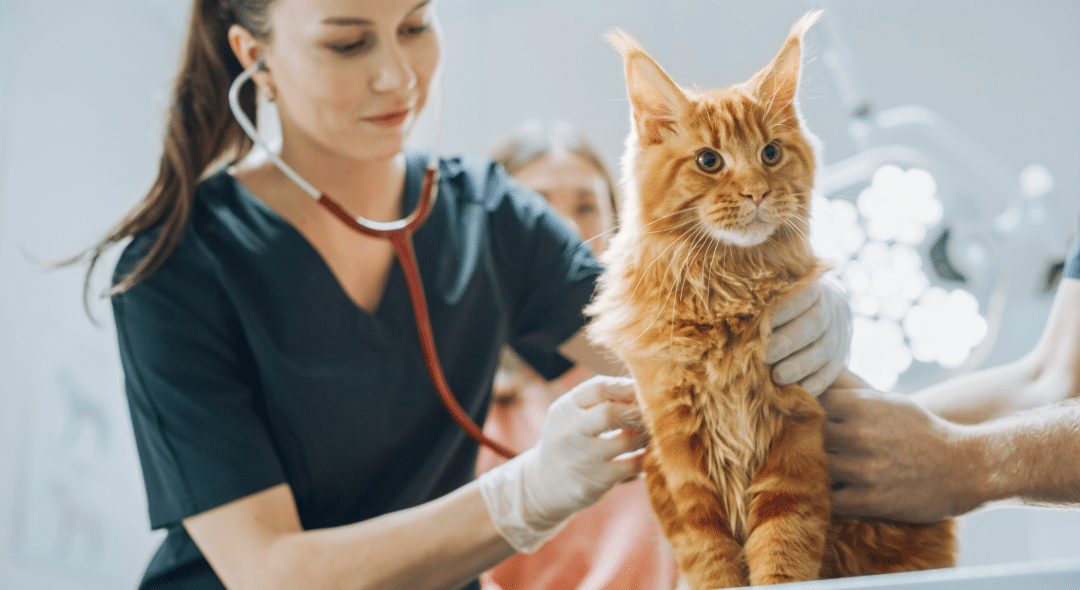
Introduction
The journey of kitten development from birth to adulthood is a remarkable and intricate process. Witnessing a small, vulnerable kitten transform into a confident, self-reliant adult cat is a fulfilling experience for cat enthusiasts. This guide will lead you through a kitten’s different life stages, offering information about their body, behavior, and food requirements during each phase.
Stage 1: Birth to 2 Weeks – The Neonatal Stage
In the first two weeks of life, kittens are entirely dependent on their mother for survival. Here are the key aspects of their development during this stage:
1. Physical Development:
– Kittens are born blind and deaf, with their eyes and ear canals closed.
– Their sense of smell is well-developed, helping them locate their mother’s milk.
– They double their birth weight within the first week through milk intake.
2. Behavioral Development:
– Kittens spend most of their time sleeping and nursing.
– They instinctively crawl towards their mother’s body heat and meow when they are hungry.
– Mother cats provide vital grooming, warmth, and protection.
3. Nutritional Needs:
– Mother’s milk is the sole source of nutrition.
– Adequate milk intake is crucial for growth and immunity development.
Stage 2: 2 to 4 Weeks – The Transitional Stage
During this stage, kittens start to show signs of increased independence and sensory development:
1. Physical Development:
– Eyes begin to open around the 2-week mark, and ear canals start to open.
– They gradually become more mobile, attempting to stand and walk.
– Baby teeth begin to erupt.
2. Behavioral Development:
– Playfulness emerges as they start to interact with siblings and objects.
– Grooming behaviors are learned by mimicking their mother.
– Litter box training can begin as they become more coordinated.
3. Nutritional Needs:
– Mother’s milk remains essential, but kitten food can be introduced gradually.
– Consult with a veterinarian for a proper weaning schedule.
Stage 3: 4 to 8 Weeks – The Socialization Stage
Kittens become more social and curious during this stage:
1. Physical Development:
– Vision and hearing improve significantly.
– They continue to grow rapidly and become more agile.
– Baby teeth are fully developed.
2. Behavioral Development:
– Kittens learn social skills by interacting with littermates and humans.
– Play behavior becomes more coordinated and complex.
– They develop individual personalities.
3. Nutritional Needs:
– Transition to a balanced kitten food diet.
– Regular feeding schedules are important.
Stage 4: 8 to 12 Weeks – The Exploration Stage
Kittens become more adventurous and independent:
1. Physical Development:
– Adult teeth begin to replace baby teeth.
– Sexual characteristics become apparent.
2. Behavioral Development:
– Kittens explore their environment with increased curiosity.
– They may start scratching and kneading behaviors.
– Socialization with humans is crucial for a well-adjusted adult cat.
3. Nutritional Needs:
– Continue feeding a high-quality kitten food.
– Ensure they receive all essential nutrients for growth.
Stage 5: 12 Weeks and Beyond – Adolescence and Adulthood
1. Physical Development:
– Growth continues, but at a slower rate.
– Sexual maturity typically occurs around 6-9 months.
2. Behavioral Development:
– Cats reach their peak agility and strength.
– Social behavior varies but is influenced by early socialization.
– They establish their territory and may display territorial behaviors.
3. Nutritional Needs:
– Transition to adult cat food after consulting with a veterinarian, after one year old at least. We keep our Maine Coons on kitten diets for life.
– Maintain a balanced diet to support lifelong health.
Conclusion
Understanding a Maine Coon kitten’s growth stages, from birth to adulthood, is crucial. It helps ensure you can take good care of them and ensure they become a happy, healthy cat. Each stage comes with its own challenges and happy moments. By taking care of your kitten’s needs at each stage, you can help them become a loving and well-behaved companion for many years. Always consult with a veterinarian for personalized guidance throughout your kitten’s development journey.


